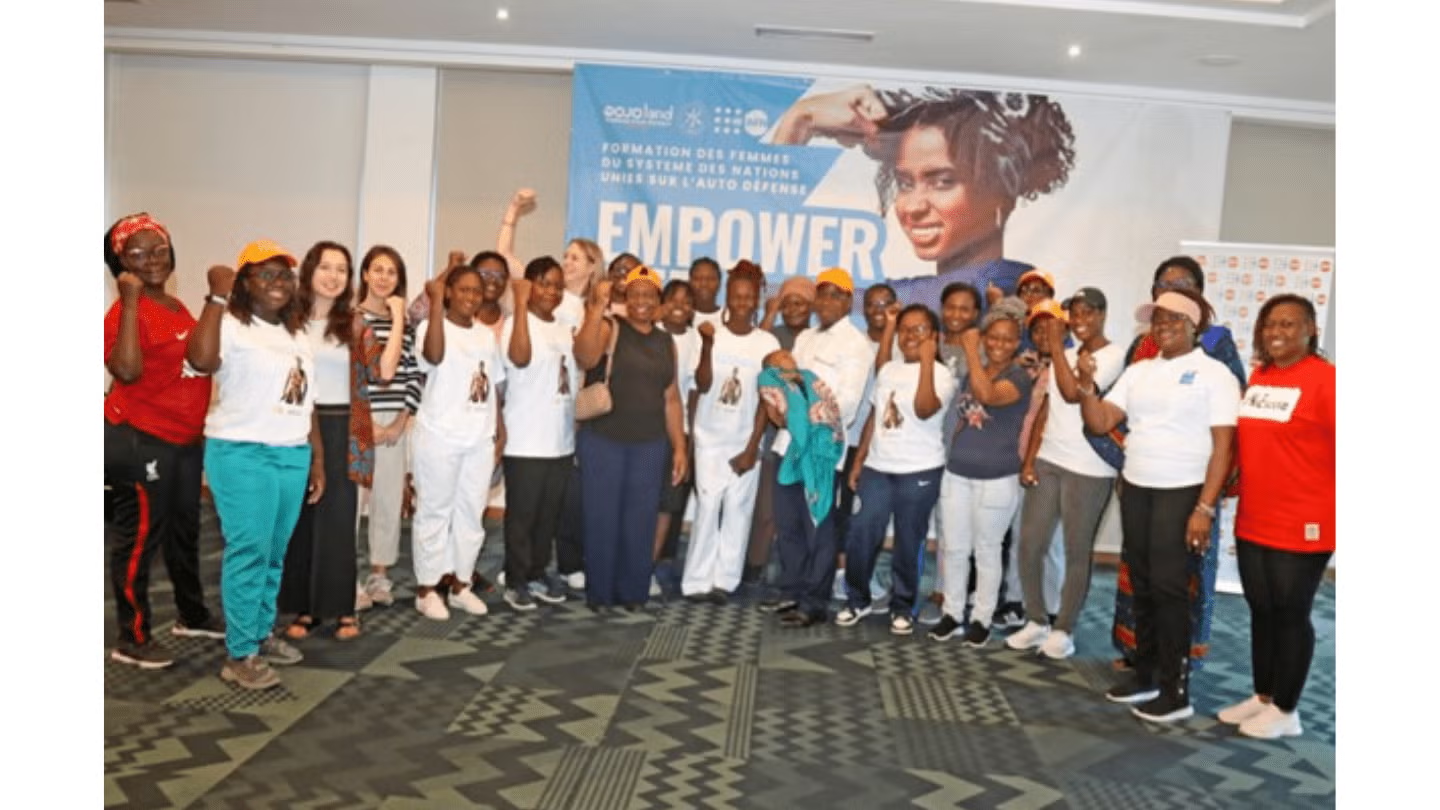
Gender-based violence (GBV) has reached alarming levels in Benin’s Atacora department, with 389 cases of physical assault recorded between January and June 2025, the majority targeting women aged 18 to 34, according to the Departmental Directorate of Social Affairs and Microfinance (DDSASM).
Speaking to 24 Heures au Bénin, Kouagou Bertin N’dah, DDSASM’s Director, underscored the scale of the crisis, describing GBV as a pervasive issue “present in almost every household in Atacora.”
He said physical violence remains the most frequent and severe, often involving assault and battery. Alongside these incidents, 228 cases of psychological or moral abuse were documented during the same period, largely affecting the same demographic.
Mr. Kouagou cited factors such as substance abuse and intergenerational cycles of aggression as drivers of the violence. “A normal man does not beat his partner.
You have to be under the influence of a stimulant, such as alcohol or a drug, to get to that point,” he stated, adding that “many young people have inherited violent behaviors passed down from their parents.”
Authorities and civil society partners have intensified interventions through awareness campaigns in schools, training centers, and local communities. The Gender Equality Support Programme Phase 1 (PAEG1), backed by Swiss cooperation, has played a key role by integrating psychosocial assistance, medical support, and economic reintegration.
UNICEF, Plan International Benin, UNFPA, the National Women’s Institute (INF), Havre de Paix, and the Republican Police have also been instrumental, alongside legal reporting frameworks.
Despite these efforts, underreporting remains a major obstacle. “Many victims remain silent out of fear or family pressure. However, reporting is the first step toward protection and justice. One victim who reports can potentially save dozens of others,” Mr. Kouagou stressed.
Beyond tackling GBV, the DDSASM continues to promote social protection initiatives such as the Human Capital Strengthening Insurance (ARCH) program for those in extreme poverty, the Single Social Registry for vulnerable households, and the GBESSOKÉ pilot project in Tanguiéta. Microcredit schemes, including the Alafia fund—now extended to men—have issued 13,668 loans totaling over 812 million CFA francs as of January 2025.
Expressing optimism, Mr. Kouagou praised President Patrice Talon’s government and called for wider community involvement. “We are aware of the challenges, but no lasting results can be achieved without the active involvement of communities. Solidarity begins with a gesture, a word, a sensitive look,” he urged.
The rising cases highlight both the progress and persistent gaps in Benin’s fight against gender-based violence, underscoring the urgent need for collective action.



